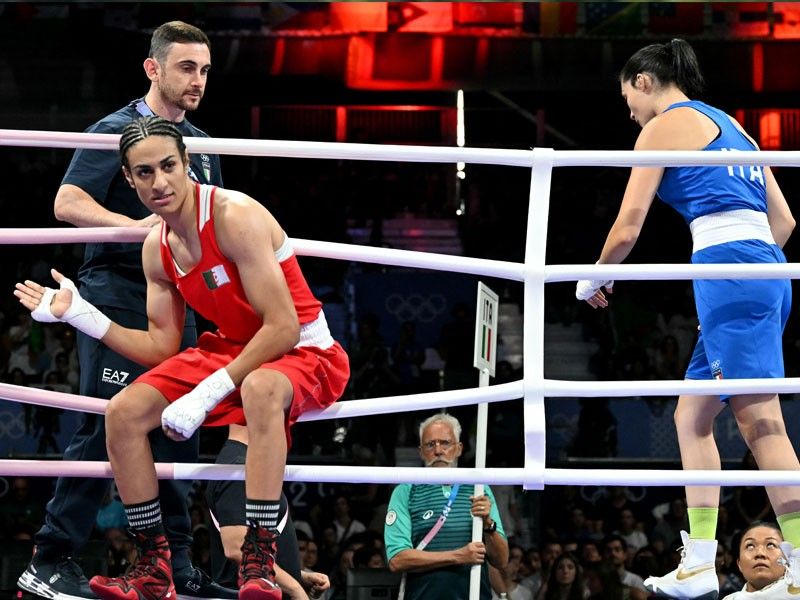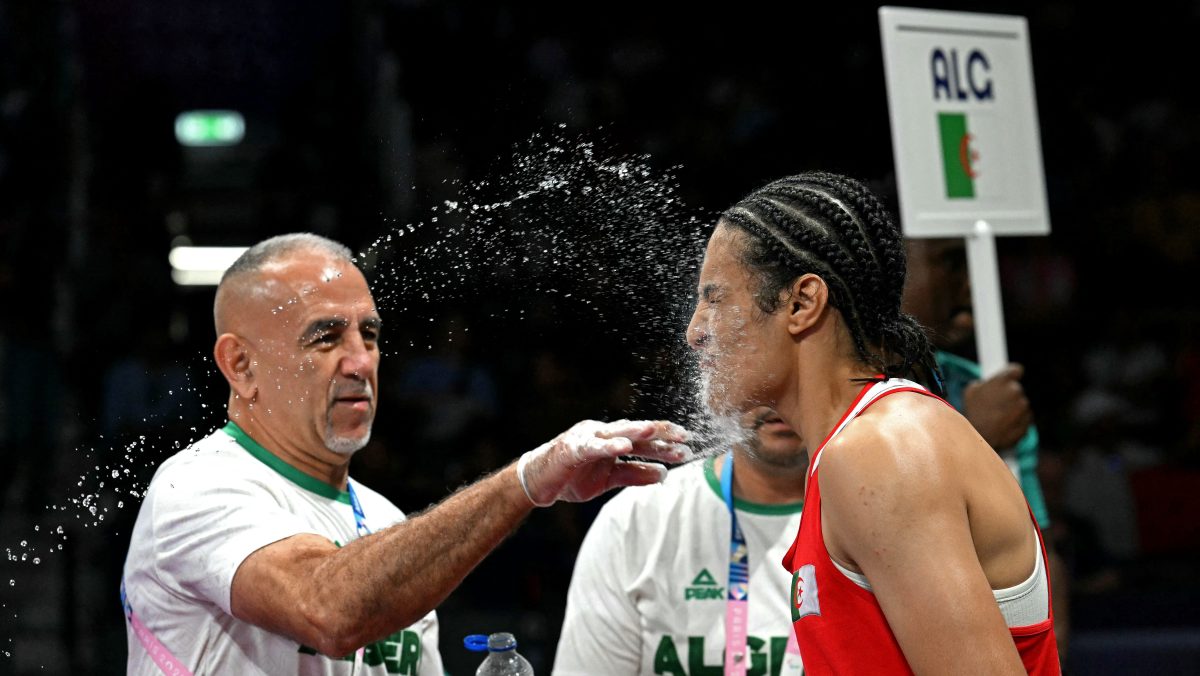Boxing’s Olympic Future in Jeopardy Amidst Controversies and Cheating Scandals – Unprecedented Challenges Threaten the Sport’s Inclusion – NQ
Boxing, one of the most iconic and long-standing Olympic sports, faces an uncertain future in the Games. Recent controversies, particularly around match-fixing, cheating, and governance issues, have shaken the sport to its core, putting its place in future Olympic programs in serious jeopardy.
The integrity of boxing at the Olympic level has come under intense scrutiny in recent years. One of the most significant issues has been the persistent allegations of match-fixing and corruption within the sport’s governing bodies. Questionable judging decisions in Olympic matches have raised suspicions and tarnished the reputation of boxing. High-profile cases, such as the controversial decisions at the 2016 Rio Olympics, where several fighters and national teams publicly decried the results, have only intensified the criticism.

In response, the International Olympic Committee (IOC) has taken measures to address these concerns, including suspending the International Boxing Association (AIBA) and implementing interim oversight during the Tokyo 2020 Games. However, the problems persist, and many argue that deeper reforms are necessary to restore fairness and transparency.
AIBA, boxing’s international governing body, has been at the center of the storm. The organization has faced allegations of corruption, financial mismanagement, and a lack of accountability for years. The IOC suspended AIBA in 2019 due to its governance failures and concerns over the integrity of the sport. Since then, boxing has been operating under a cloud of uncertainty, as the IOC considers whether the sport should remain on the Olympic program, particularly for the 2028 Games in Los Angeles.

The recent efforts to restructure AIBA and implement reforms have been met with skepticism. Many in the boxing community feel that the organization has not done enough to regain the trust of the IOC and the global sports community. Without substantial changes, the sport risks being excluded from the Olympics altogether.
Boxing’s future in the Olympics hangs in the balance. For a sport that has produced legendary athletes like Muhammad Ali, Sugar Ray Leonard, and Claressa Shields, the stakes couldn’t be higher. The loss of Olympic inclusion would not only affect the prestige of the sport but could also have significant financial and developmental consequences, particularly for amateur boxers who rely on the Olympic platform to launch their careers.

The upcoming decisions from the IOC regarding the sport’s fate will be crucial in determining whether boxing can reform and retain its place in the Olympic family. If boxing is to survive on the Olympic stage, the sport’s leaders will need to address the corruption, improve governance, and restore confidence in its fairness and transparency.
